Filter by
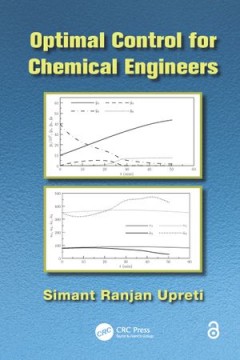
Cape Town Harmonies: Memory, Humour & Resilience
“Cape Town’s public cultures can only be fully appreciated through recognition of its deep and diverse soundscape. We have to listen to what has made and makes a city. The ear is an integral part of the ‘research tools’ one needs to get a sense of any city. We have to listen to the sounds that made and make the expansive ‘mother city’. Various of its constituent parts sound differen…
- Edition
- -
- ISBN/ISSN
- 9781928331506
- Collation
- -
- Series Title
- -
- Call Number
- 780

Beyond Memory: Recording the History, Moments and Memories of South African M…
South Africa possesses one of the richest popular music traditions in the world—from marabi to mbaqanga, from boeremusiek to bubblegum, from kwela to kwaito. Yet the risk that future generations of South Africans will not know their musical roots is very real. Of all the recordings made here since the 1930s, thousands have been lost for ever, for the powers-that-be never deemed them worthy of…
- Edition
- -
- ISBN/ISSN
- 9781920355906
- Collation
- -
- Series Title
- -
- Call Number
- 780
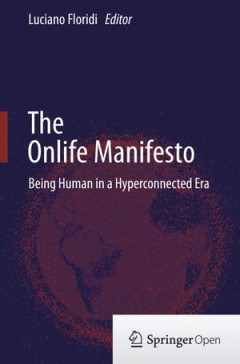
African Classical Ensemble Music: Book 3
The study of African music must be grounded in indigenous African knowledge systems, thus making it truly representative of indigenous Africa’s intellectual history. The African Classical Ensemble Music: Theory and Drum-based Concert Series is intended to empower literacy-driven ensemble creativity which, in turn, advances the philosophical, theoretical, medical and humanizing imperatives of …
- Edition
- -
- ISBN/ISSN
- 9781920355029
- Collation
- -
- Series Title
- -
- Call Number
- 780

African Classical Ensemble Music: Book 2
The study of African music must be grounded in indigenous African knowledge systems, thus making it truly representative of indigenous Africa’s intellectual history. The African Classical Ensemble Music: Theory and Drum-based Concert Series is intended to empower literacy-driven ensemble creativity which, in turn, advances the philosophical, theoretical, medical and humanizing imperatives of …
- Edition
- -
- ISBN/ISSN
- 9781920355012
- Collation
- -
- Series Title
- -
- Call Number
- 780

African Classical Ensemble Music: Book 1
The study of African music must be grounded in indigenous African knowledge systems, thus making it truly representative of indigenous Africa’s intellectual history. The African Classical Ensemble Music: Theory and Drum-based Concert Series is intended to empower literacy-driven ensemble creativity which, in turn, advances the philosophical, theoretical, medical and humanizing imperatives of …
- Edition
- -
- ISBN/ISSN
- 9781920355005
- Collation
- -
- Series Title
- -
- Call Number
- 780

The English Hymnal
Offered as a companion to the "Book of Common Prayer" used by Church of England congregations, this volume contains 744 hymn texts for various occasions.
- Edition
- -
- ISBN/ISSN
- -
- Collation
- -
- Series Title
- -
- Call Number
- -
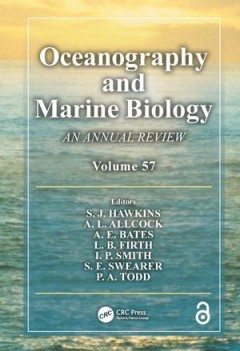
Rhythms now: Henri Lefebvre’s Rhythmanalysis Revisited
Rhythms abound today, in a time where all manner of rhythms intersect and amplify each other. Rhythmanalysis enables us to discuss lived experience, both in terms of the constraints of contemporary society, but also the affordances (social, technological, cultural) that we all have access to, in different ways. By focusing on rhythms, we recognize how multiple, different forms inform both our…
- Edition
- -
- ISBN/ISSN
- 9788772100027
- Collation
- -
- Series Title
- -
- Call Number
- 780

We Used to Wait: Music Videos and Creative Literacy
An investigation of music videos as a form, a practice, and a literacy. Music videos were once something broadcast by MTV and received on our TV screens. Today, music videos are searched for, downloaded, and viewed on our computer screens—or produced in our living rooms and uploaded to social media. In We Used to Wait, Rebecca Kinskey examines this shift. She investigates music video as a for…
- Edition
- -
- ISBN/ISSN
- 9780262526920
- Collation
- -
- Series Title
- -
- Call Number
- 780
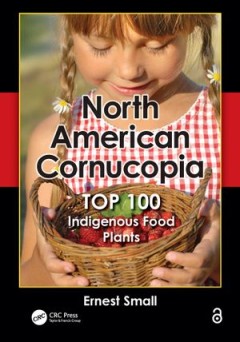
Evaluation and Credentialing in Digital Music Communities
An examination of the use of digital badges as a reward for both casual online music evaluators and professional musicians. Professional and amateur musicians alike use social media as a platform for showcasing and promoting their music. Social media evaluation practices—rating, ranking, voting, “liking,” and “friending” by ordinary users, peers, and critics—have become essential pr…
- Edition
- -
- ISBN/ISSN
- 9780262527149
- Collation
- -
- Series Title
- -
- Call Number
- 780
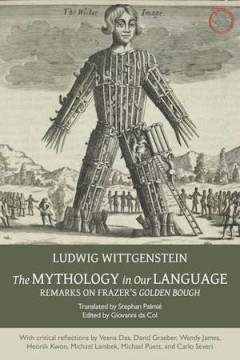
Essays on Music and History in Africa
This classic ethnomusicological survey provides as a valuable guide to African music. The essays review a broad swath of genres and topics, including court songs and music history, musical instruments in different traditions, and the connection between Islam and African music. Contributors are Lois Ann Anderson, John Blacking, Philip J. C. Dark, David M. Dixon, Akin Euba, John D. Fage, Matthew …
- Edition
- -
- ISBN/ISSN
- 9780810139602
- Collation
- -
- Series Title
- -
- Call Number
- 780
 Computer Science, Information & General Works
Computer Science, Information & General Works  Philosophy & Psychology
Philosophy & Psychology  Religion
Religion  Social Sciences
Social Sciences  Language
Language  Pure Science
Pure Science  Applied Sciences
Applied Sciences  Art & Recreation
Art & Recreation  Literature
Literature  History & Geography
History & Geography